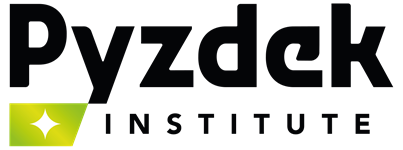
Engineering Statistics For Manufacturing and R&D
Overview
Take advantage of a unique opportunity to participate in a 4-day hands-on workshop. This workshop is tailored for Directors, Managers, Engineers, and Technicians involved in R&D, manufacturing, and quality control. It’s your chance to contribute to and benefit from cutting-edge educational content, with the only cost being your valuable feedback through a testimonial.
- Hands-On Learning: Step away from traditional lectures to engage directly with practical exercises and real-world scenarios.
- Focused Content: With a curriculum designed to provide impactful knowledge and skills, you’ll explore four detailed workbooks under the guidance of experienced instructors.
Curriculum Highlights
| What you will learn | |
|---|---|
| Fundamentals | • Fundamental analytic methods • The accepted definition of quality • Recurring safety, Lean and statistical themes |
| Process baseline | • Evaluate measurement system stability, bias, linearity & noise • Evaluate existing data • Control point and product property consistency studies |
| Process optimization | • Observational approach: SPC chart arrays • Experimental approach: Design of Experiments • Discover and preserve new process knowledge |
| Process monitoring | • Long term process behavior monitoring and sampling methods • Short run control charts • Statistical methods for supplier management |
Additional Benefits
- Earn a Certification: Complete the workshop and a one-hour exam to earn a Pyzdek Institute Engineering Statistics Certification.
- Software Support: Compatible with JMP®, Minitab®, and SigmaXL® statistical software. Each offers a free trial. Note: SigmaXL users may face limitations in some exercises.
- Exclusive Learning Environment: Benefit from personalized attention in a class limited to 15 attendees.
- Documented step-by-step workflows to study, understand and optimize complex manufacturing processes and their support measurement systems.
- Templates for reporting results and writing material quality specifications.
- Focus on higher yields, variation reduction, lower costs, higher profits, and new process knowledge.
- Learn about Difference Charts, Zed Charts, Gage Performance Curves, Manufacturing Specs, Converting Opinion to Continuous Data, Variation-as-Response, Clustering, and other underutilized methods.
- Reduce variation in raw materials and defend against supplier price increases.
- Improve external audit results (ISO 13485, IATF 16949, AS9100, ISO 22000, etc.)
